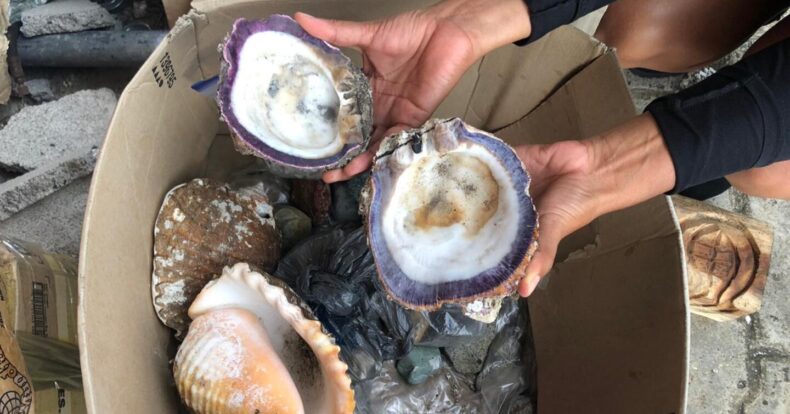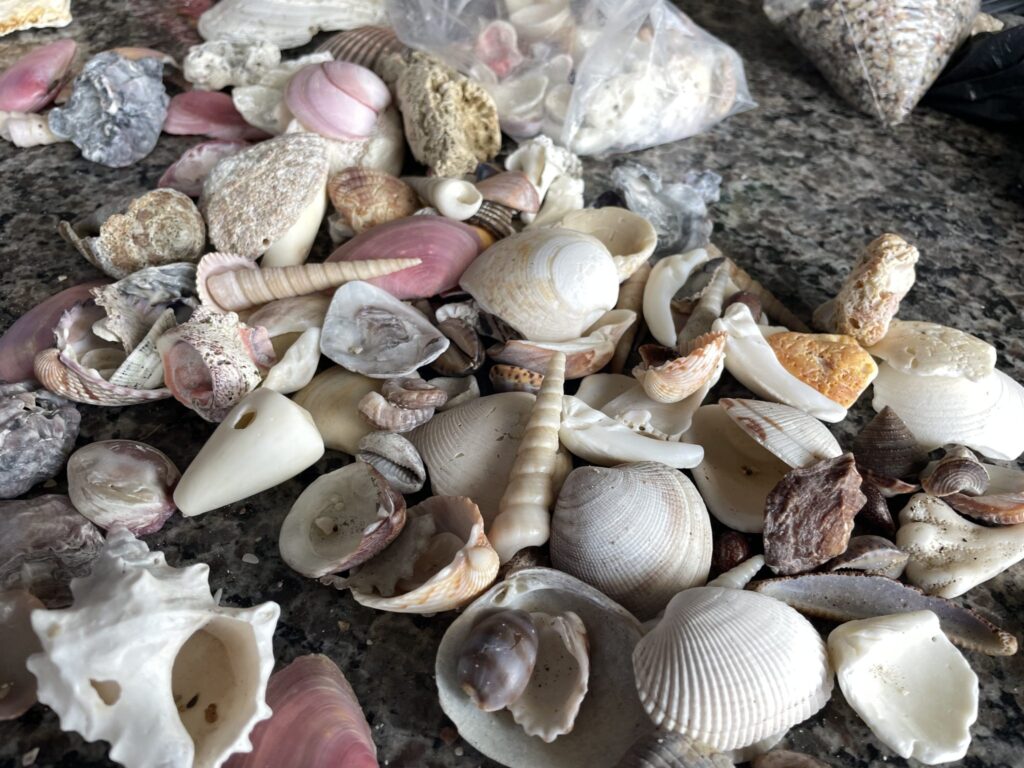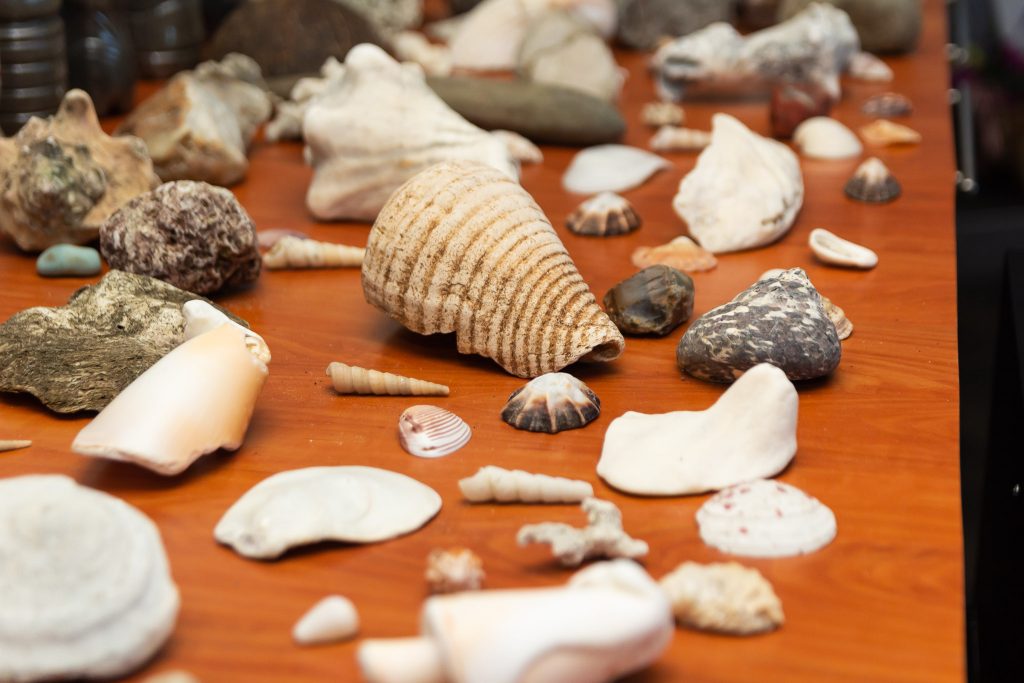Seashell collection in Costa Rica

Authorities from the Ministry of Environment and Energy (MINAE) and the National System of Conservation Areas (SINAC) have renewed their call to residents and tourists to stop collecting seashells on the country’s beaches. Although many consider it a harmless activity, this action violates wildlife laws and causes significant damage to marine ecosystems.
A problem more serious than it seems
According to MINAE, shell extraction constitutes illegal wildlife trafficking, as it alters essential habitats where species such as crabs, fish, algae, sea urchins, and seabirds find refuge or breeding grounds. Also, shells play a vital role in coastal balance: they retain sand, reduce erosion, and help maintain the pH of the seabed. Their absence can cause ecological damage that takes years to reverse.
Increasing interceptions at airports
Authorities have stepped up surveillance and controls at airports and coastal areas. In less than a year, 3,448 kilograms of shells were confiscated. At Daniel Oduber International Airport in Guanacaste, staff seized 1,648 kilograms between October 2024 and June 2025. Between August 2024 and March 2025, 1,800 kilograms were seized at Juan Santamaría Airport in Alajuela.



Whenever possible, shells are returned to the sea through environmental restoration programs. In 2023, seizures exceeded five tons, leading to the strengthening of environmental education campaigns, such as “Leave nature, take only memories,” which has been active since 2020. In addition, a new mobile application allows the origin of confiscated shells to be identified for proper reintegration; thanks to this, more than 450 kilograms have already been recovered.
Seashell collection: laws and consequences
The Wildlife Conservation Act prohibits the collection of seashells and the unauthorized sale or transport of any natural elements from protected ecosystems. These actions may result in financial and criminal penalties. Stricter controls seek to respond to the increase in cases and prevent damage before it occurs.
Ecological impacts and a call for awareness
Experts point out that shell harvesting weakens coral growth and leaves many species without habitat. In a country renowned for its biodiversity, these practices also jeopardize coastal stability in the face of climate change.
Authorities invite citizens to report suspicious activities by calling 1192, through the SITADA website, or at any SINAC office.
Protecting natural resources is a shared responsibility.
With tourism and beaches receiving millions of visitors each year, small individual actions can have a significant impact.
Marine protection and a sustainable future
Costa Rica currently protects 30% of its marine areas, leading conservation initiatives in the region. The country also promotes global actions to limit deep-sea mining and other threats to the ocean.
Authorities and conservation groups agree on a simple message for locals and visitors:
Admire the shells where they are. Photos are the best souvenir, without causing any damage.
With new patrols and educational programs in place, the goal is clear: to reduce seizures and strengthen environmental awareness, ensuring that Costa Rica’s beaches remain places of life and natural beauty for future generations.
Sensorial Sunsets
Navigate articles



